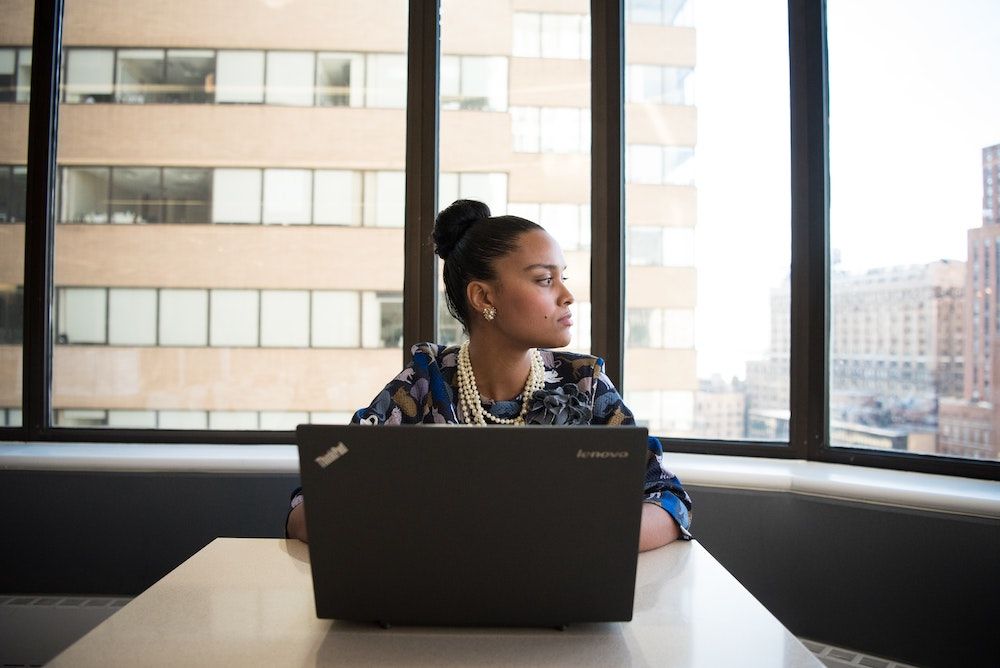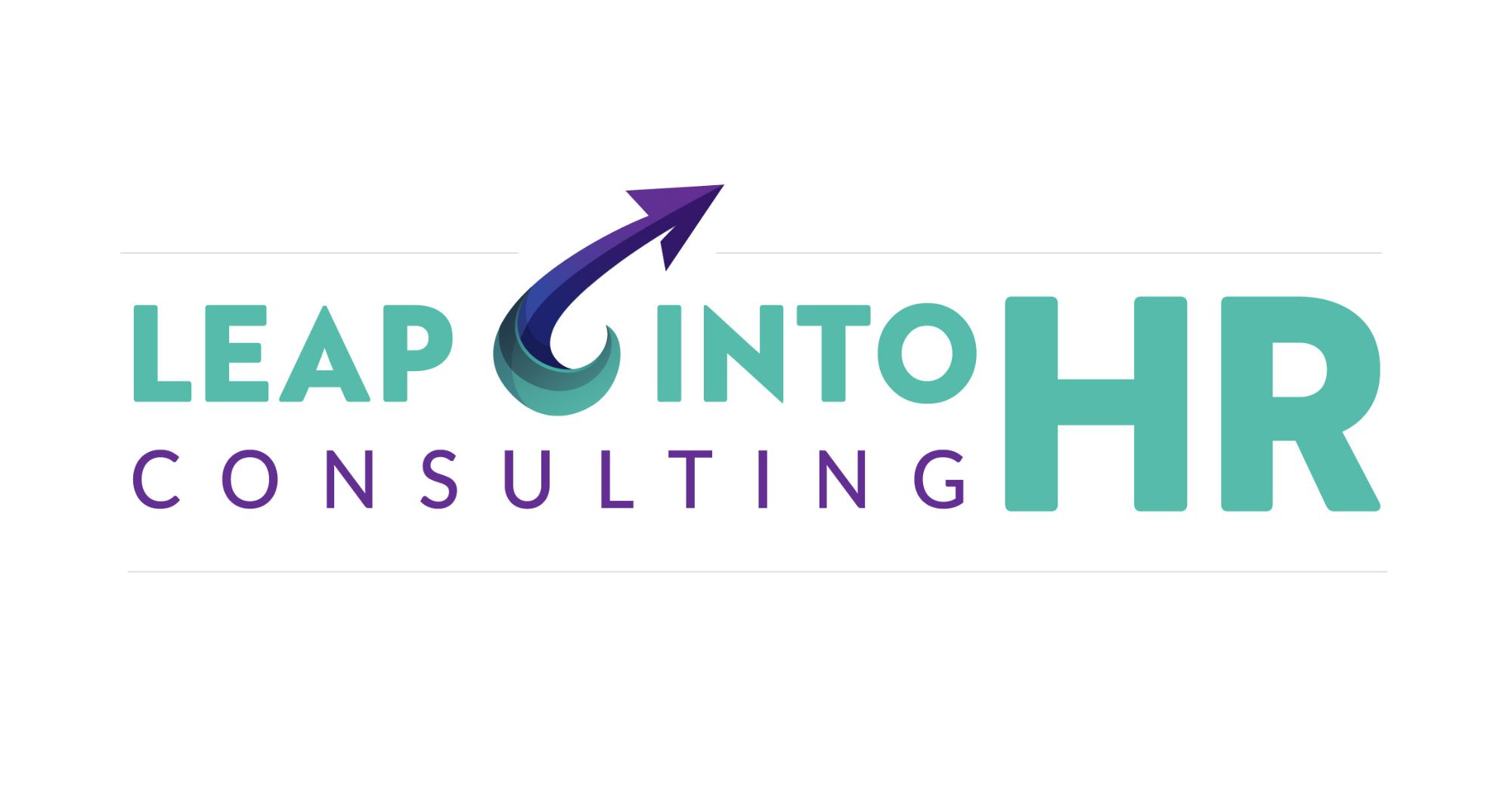Women of the working world. I have some questions:
- Do you work full time for another CEO, or are you the boss?
- Can you take unscheduled time off when you need it, or do you have to ask for permission?
- Are you paid the same as your male counterparts or do you earn less as a female employee?

My last question for you today:
- What would your preferred answer to these questions be?
Let’s look at the facts:
In 2020 there are more self employed women than ever before. According to The Association of Independent Professionals and the Self Employed (IPSE), self-employment amongst women has risen by a huge 63% since 2008.
But why?
ISPE’s Andy Chamberlain, Deputy Director of Policy highlighted my viewpoint perfectly when he said:
“Our research shows that the freedom and flexibility of being their own boss really works for highly-skilled women who want to take control of their working lives”.
Freedom and flexibility. Two of my core beliefs and values I hold highly.
Why are more and more women turning to self employment? And how does it benefit them?
Let’s start by looking at some answers to my opening questions:
Question no. 1: Do you work full time for another CEO, or are you the boss?

In 2020 there are just 5 female CEOs across the FTSE 100 companies.
A male employee is significantly more likely to make CEO of a large company than a female. The sad reality is that if you’re a women in the corporate world, the odds of making CEO are against you.
But there is another way. By taking the Leap Into Consulting™ you’ll automatically become your own boss.
Which leads to my next question….
Question no. 2: Can you take unscheduled time off when you need it, or do you have to ask for permission?
Globally women perform a huge 75% unpaid care and domestic duties but women in the UK bear the brunt of it too. In the last UK-based study, women in the UK were responsible for 60% of unpaid duties.
While 5 years have passed since the latest UK-focussed study, the percentage has seen little change since the year 2000, suggesting that even if such a change has happened, the figures will still not be equal.
What does this mean for professional women in the workplace who need to take time off to care for sick children or elderly relatives?
It means that needing to take unplanned time off is likely. A feat more difficult when you have to ask for someone else’s permission.
As a self employed consultant this burden gets easier. Of course, you’ll still have work to complete - but you’re far more flexible to do so in your own time and on your own terms.
Suddenly that ‘emergency pick-up call’ from your child’s school becomes far easier to navigate.
Question no. 3: Are you paid the same as your male counterparts?

The sad news is, if you’re a woman in the corporate workplace the answer is most likely: no.
According to the Trades Union Congress (TUC), women earn, on average, 17.3% less than men in the UK workforce. This means women effectively work for free for just over 2 months of the year.
The gender pay gap differs industry to industry; some of the worst culprits include ‘financial, insurance, education, professional scientific and technical’. (TUC).
But there is another way. By making the Leap Into Consulting™ you’re free to calculate your fees as you deem appropriate. And we’re on hand to help you find your fair price.
Now, let me ask again;
Question no. 4: What would your preferred answer to these questions be?
I’m fairly sure I know your answers. After all, who wouldn’t want more authority, flexibility and profit from the workplace?

A quick scan over these figures goes some way to understanding why more and more women are joining the freelance workforce.
At Leap Into Consulting™ we specialise in guiding people from corporate to consultant.
Will you be one of them?
I come back to ‘freedom and flexibility’.
Are you ready to make the change? Find out more.
 I’m so excited to announce that I have been appointed to the Panel of Experts by Menopause Experts. My Leap into HR Consulting programme has also become a partner of the social enterprise. It’s been made that bit more special because October is Menopause Awareness Month.
I’m so excited to announce that I have been appointed to the Panel of Experts by Menopause Experts. My Leap into HR Consulting programme has also become a partner of the social enterprise. It’s been made that bit more special because October is Menopause Awareness Month.










